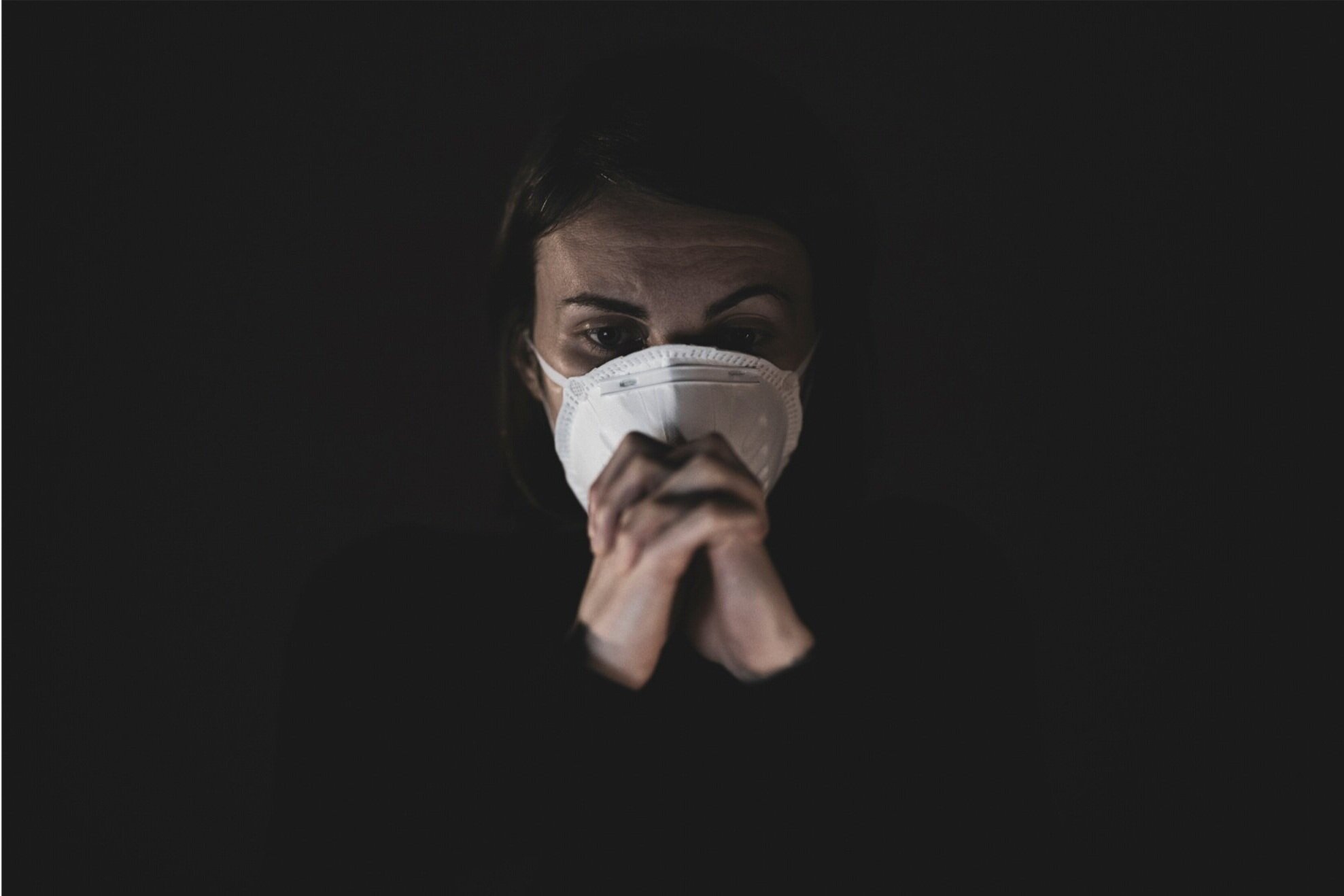The impact of COVID-19 on displaced professionals
Last November, I received a distressing message from one of our refugee candidates in Lebanon. “Just the thought of writing this makes me feel sick. I was once a doctor, a well respected practitioner and academic. I was trained to care for people. Asking for help is not something I’m used to doing, but I’m desperate now.”
The candidate, Ziad, had reached his breaking point.
Originally from Aleppo with nearly a decade of experience as a Cardiothoracic Surgeon, he was forced to move to Lebanon in 2017 due to the Syrian war. After a few years without the right to work, no legal status, and an economic crisis in Lebanon that has left the country on the brink of collapse, his already fragile situation quickly deteriorated. Ziad was too afraid to leave the small shelter he was living in out of fear of being caught and deported by authorities. It became hard for TBB to contact him because he could no longer afford mobile data.
Fast forward to June 2020, and the added impact of COVID-19 has been devastating.
The virus has created new vulnerabilities on already struggling populations, while significantly exacerbating existing ones.
Our team at Talent Beyond Boundaries has been closely monitoring the impact of the situation on our refugee candidates like Ziad, particularly in Lebanon and Jordan. With both countries already grappling with massive displaced populations and weak economies, we have identified several areas of concern.
Limited ability to meet basic needs
“I’ve seen many of my friends end up homeless now. They couldn’t pay rent and nobody is able to provide assistance anymore. I don’t know if they are even able to pay for food.” - Sammy, Chef
The economic impact of COVID-19 has led to a rise in prices for basic goods across Jordan and Lebanon. UNHCR reports that in Lebanon, 70% of Syrian refugee families have now reduced their food consumption due to high prices and a lack of funds, some noting they are more afraid of starvation than dying from the virus. 73% of refugee families in Lebanon were already living below the poverty line before COVID-19 and 55% were considered below the “extreme” poverty line. In Jordan, a recent survey of the general population reports that 40% have no food stocks and 32% did not have enough food to eat during the past 7 days.
Due to mobility restrictions across both countries due to the virus, TBB partners and refugee relief providers have reported being drastically limited in their ability to provide basic aid and protection. TBB candidates have consistently expressed concerns over their ability to meet basic needs as a result.
Loss of livelihoods
“I haven’t worked a day in the last six months. Our financial situation is so bad that my wife and I have been living separately in order to save money - I barely get to see her.” - Khalid, Mechanical Engineer
While access to a stable income for refugees in Jordan and Lebanon has always been a struggle due to poor economies and a lack of work rights, most TBB candidates have confirmed that the pandemic has left them unemployed and without any earnings.
More than 50% of refugees in Lebanon are expected to have lost their livelihoods as a result of COVID-19 as hundreds of businesses shut down across the country (UNHCR, 2020). To put this into perspective, only a third of refugees in Lebanon at the start of this year had access to a regular job in the first place.
In Jordan, a recent survey by the ILO concluded that 35% of Syrians who were employed before the crisis have now lost their jobs permanently – with 95% of households reporting a decrease in their household income. The average monthly wage for refugees now falls below Jordan’s minimum wage of $310 USD.
Loss of livelihood is a serious concern, particularly for refugees who usually have few to no protections or services in their host countries and are at increased risk of ending up in dangerous situations.
Increased exploitation
“I’ve been working everyday morning and night, nonstop for months. My employer often does not pay me and sometimes gives a fraction of what I should be owed. If I say anything he could go to the police, there’s nothing I can do.” Atef, Welder
Many TBB candidates are restricted from working in their fields legally, and have been forced to enter the informal economy in Jordan and Lebanon in order to earn a living. This can often expose them to significant exploitation.
Several TBB candidates have reported increased cases of exploitative behaviour by their employers in recent COVID-19 months, most commonly through the withholding of paycheques and forced labour due to worsening employer financial status. Candidates are often threatened to be exposed to local authorities who may detain or deport them if they attempt to confront their employers in any form.
Depleted savings
“We barely have anything left. Everything we saved for our daughters is gone.” - Reem, Nurse
The economic impact and loss of livelihoods has forced those few refugees with savings to rapidly rely on them, leaving little to no resources for emergency situations. In addition, the economic crisis in Lebanon prior to the pandemic led to a rapid depreciation of the market exchange rate, and the coupled impact of COVID-19 has now left the currency a fraction of its original value in 2019.
A number of TBB candidates in Lebanon and Jordan have subsequently lost a significant amount in value from their savings, including several who had intended to use those funds for relocation in a new destination country through TBB’s program.
Talent Beyond Boundaries’ response
While the situation continues to grow more dire, TBB is working with close regional partners to connect particularly struggling candidates with resources when possible.
TBB is also assisting over 80 refugees currently in the visa pipeline for relocation to Australia and Canada. COVID-19 restrictions have delayed the progress of their visas and travel arrangements. TBB and our employer partners are doing all we can to help candidates progress and move safely towards their new lives and careers.
*Names changed per request for privacy.

